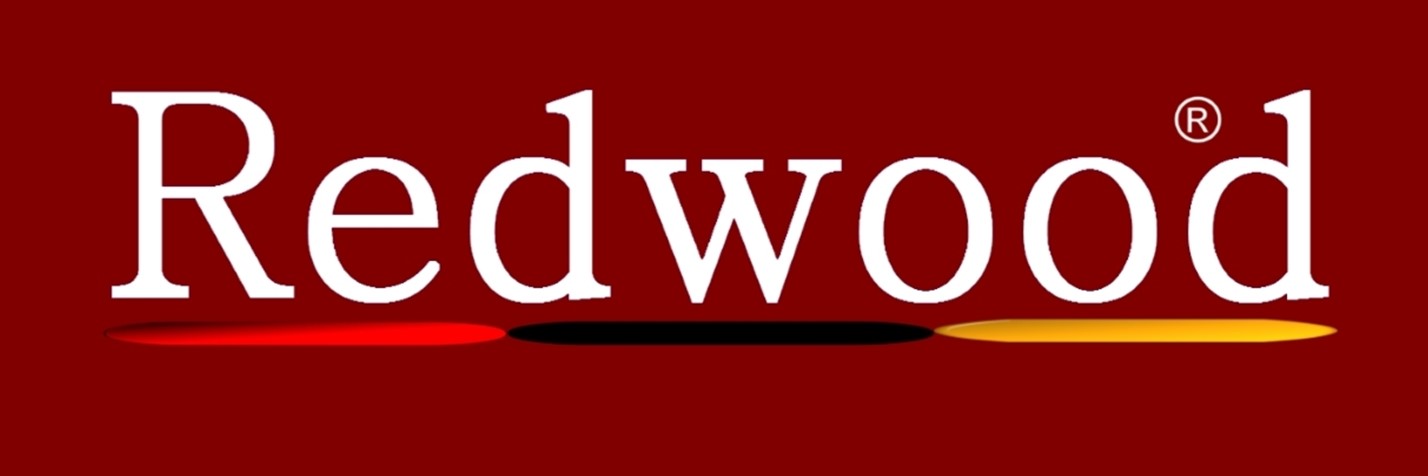If you are an employer and you provided taxable expenses and benefits to your employees during the 2020/21 tax year, you will need to report these to HMRC on form P11D, unless all benefits were payrolled or included within a PAYE Settlement Agreement. You will also need to file a P11D(b). Both forms must reach HMRC by 6 July 2021.
Form P11D
A form P11D is needed for each employee to whom you provided taxable expenses and benefits in the 2020/21 tax year (which ended on 5 April 2021) and which you need to report to HMRC. You do not need to include any benefits or expenses which have been dealt with through the payroll, or those which you have been included within a PAYE Settlement Agreement. Likewise, you do not need to report any benefit or expense that is fully exempt. However, remember that an exemption only applies if all the associated conditions have been met.
The information that you will need to provide depends on the nature of the benefit. Some sections of the P11D are relatively brief, requiring only details of the cost of providing the benefit, any amount made good by the employee, and the taxable amount, while more information is required in respect of certain benefits, most notably company cars and employment-related loans.
Taxable amount: the cash equivalent value
Where the benefit is made available to an employee other than through a salary sacrifice or other optional remuneration arrangement (OpRA), the taxable amount is its cash equivalent value. The calculation of the cash equivalent value depends on the particular benefit. Some benefits have their own benefit-specific rules for calculating the cash equivalent value. Where the benefit or expense is of a type for which there is no specific rule, the cash equivalent value is calculated in accordance with the general rule. This is the cost to the employer, less any amount made good by the employee.
HMRC produce working sheets that can be used to calculate the cash equivalent value for some benefits in kind.
Taxable amount: alternative valuation rules
Where the benefit or expense is made available through an optional remuneration arrangement (OpRA), such as a salary sacrifice arrangement, alternative valuation rules apply to all but a handful of benefits. Under the alternative valuation rules, the taxable amount of the benefit is determined by reference to the salary given up, less any amount made good by the employee, where this produces a value that is higher than the cash equivalent value. The alternative valuation rules have the effect of negating any associated exemption. They do not apply to childcare and childcare vouchers, pension contributions and advice, employer-provided cycles and cyclists’ safety equipment, and low emission cars with CO2 emissions of 75g/km or less. These benefits continue to be taxed according to their cash equivalent value and retain the associated exemptions where the qualifying conditions are met.
Under transitional arrangements, the alternative valuation rules do not apply for 2020/21 to living accommodation, school fees or cars with CO2 emissions of more than 75g/km which are provided under an arrangement that was in place on 5 April 2017 and was not renewed, varied or amended prior to 6 April 2021. Variations as a result of the COVID-19 pandemic are ignored for these purposes. The transitional arrangements came to an end on 5 April 2021, and the alternative valuation rules apply for 2021/22 and later years.
Making good
Any amount that the employee is required to contribute (‘make good’) to the cost of the benefit is taken into account in calculating the taxable amount, as long as the amount is ‘made good’ by 6 July 2021. This can be done by deducting the relevant amount from the employee’s salary, or by the employee making a payment direct to you.
Form P11D(b)
You must file a P11D(b) by 6 July 2021 if you provided taxable expenses to your employees in the 2021/22 tax year which have either been payrolled or reported to HMRC on your employees’ P11Ds. Form P11D(b) serves two functions – it is your declaration that all required P11Ds have been submitted to HMRC, and also your Class 1A National Insurance return. You will need to file a P11D(b) even if you have no P11Ds to file because you have payrolled all taxable benefits and expenses that you provided to your employees during the 2020/21 tax year. Payrolled benefits need to be taken into account in working out your Class 1A National Insurance liability.
If you did not provide any taxable benefits in 2020/21, but have been sent either a paper P11D(b) or a reminder letter to complete one, you will need to make a nil declaration online to avoid being charged a penalty. This may be required if you provided taxable benefits in 2019/20 as HMRC’s expectation is that they were also provided in 2020/21.
Filing options
There are various ways in which you can file forms P11D and P11D(b). They can be filed online using HMRC’s Online End of Year Expenses and Benefits Service, HMRC’s PAYE Online Service (up to 500 employees only), or via a suitable commercial software package. You can also complete paper forms and send them to HMRC by post.
Forms for the 2020/21 tax year must reach HMRC by 6 July 2021. You must also give your employees a copy of their P11D (or details of the taxable expenses and benefits provided to them in 2020/21) by the same date.
You must pay your Class 1A National Insurance by 22 July 2021 if you make your payment electronically. If you opt to pay by cheque, this must reach HMRC by 19 July 2021.
We can help
We can help you meet your filing obligations and help you minimise the risk of receiving a penalty for late or incorrect returns.

